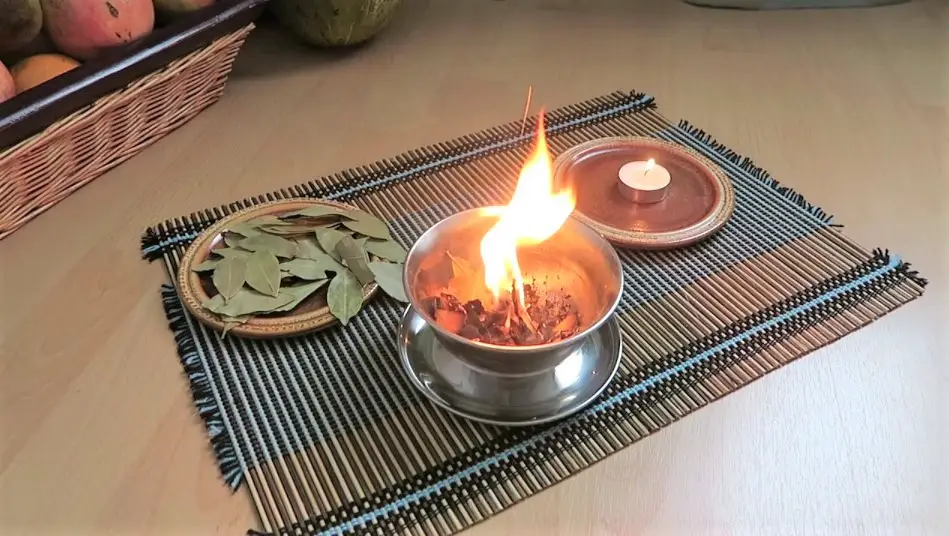Parenting can be a challenging and beautiful experience. Parents often feel overwhelmed, frustrated, and angry. Our children will make mistakes and push the boundaries as they learn and grow. Parents have a responsibility to guide their children on the right path, while also providing support and love. It can be hard to stay calm when your child isn’t following the instructions, engaging in dangerous behavior, or having meltdowns. It can seem like an endless struggle to be patient with your child and maintain our own calm.
Children thrive when there is structure and consistency in their lives. It is important to establish rules early on in order to instill good behavior. Strong communication is essential as children age. It’s important to communicate clearly with our children without being rude or threatening. Sometimes allowing children to explore their interests can teach them self-discipline and how to make informed decisions for themselves. This can help prevent meltdowns from ever happening.
Parenting can be both a joyous and frustrating experience. It is important to recognize that anger and distress are normal parts of parenting children. However, there are ways to help parents manage these feelings while still being supportive.
These are some ways to deal with anger as parents
1. Take some time to yourself
It is important to remember that taking breaks during the day when you are parenting is crucial. It can be helpful to take a break and do something relaxing or fun to help you recharge. All of these activities, whether it’s reading, listening to music or being in nature, can offer a way to escape the chaos of parenting. They also allow us to evaluate our reactions to difficult situations. You don’t have to be a bad parent. It can help you provide the best care for your children.
Giving yourself some time to be creative and more energized can help you feel more creative and inspired when taking care of your parental responsibilities. In the end, taking time out for yourself throughout the day can help us be better parents and stay cool in difficult situations.
2. It is worth discussing
Talking to a friend or family member about your anger can help you understand how best to handle it. These conversations can provide support and validation as well as an opportunity for you to understand the root cause. It can help you get through difficult times by taking the time to reflect on what is making you frustrated. Talking to someone outside of your situation might help you see the bigger picture and offer insight into how to resolve it.
It is important to work together to find solutions. This will help you gain perspective and be able to better manage difficult situations. When feeling overwhelmed, asking for help can be as helpful as learning self-help techniques like deep breathing or mindfulness exercises. Talking about anger and frustrations openly can help parents become more competent and manage difficult parenting moments.
Talking to a friend or family member about your anger can help you understand why you are angry and how you can handle it.
3. Do something physical
Being active can help you reduce stress and give you a break from parenting challenges. Walking, yoga, or stretching are great ways to release stress and encourage focus on your breath. You can also relax and recharge your energy by taking up painting, gardening, or other hobbies. It is a great way to get some relief and perspective, as well as regain some of the joy that comes from being a parent. You will find a better way to approach parenting problems with clarity and calm. This can help you foster positive change in dealing with difficult situations at your home.
4. Practice mindfulness
Mindfulness can help you stay in control during difficult parenting moments. It is a great way to cope with frustrations by taking the time to practice deep breathing and relaxation techniques. Mindfulness can be a great way to manage stress, stay present, and gain more insight and clarity. Mindfulness activities such as visualizing peace, counting your breaths, and focusing on your physical sensations can help you regulate your emotions and give you relief during difficult times. You can be calmer and more equipped to deal with difficult situations with patience, understanding and understanding by being aware of the moment.
5. Get professional assistance
Professional help is available if your child’s behavior is distressing and you feel that all other options have failed. This can offer additional support and guidance on how to peacefully deal with difficult parenting moments. Family therapists, psychologists, and professional counsellors are great resources for helping to identify the root cause of your child’s behavior. They can also help you remain calm while working toward a mutually beneficial solution. Experts can help you find new approaches to difficult situations. It is important to seek out the right help when dealing with any problem. It is often beneficial for all parties to have a third-party perspective.
The day is over
Parenting is not easy, but it’s possible to build healthy relationships with your children. Understanding why our children behave in certain ways can help us understand how to encourage them to be better parents.














Leave a Reply